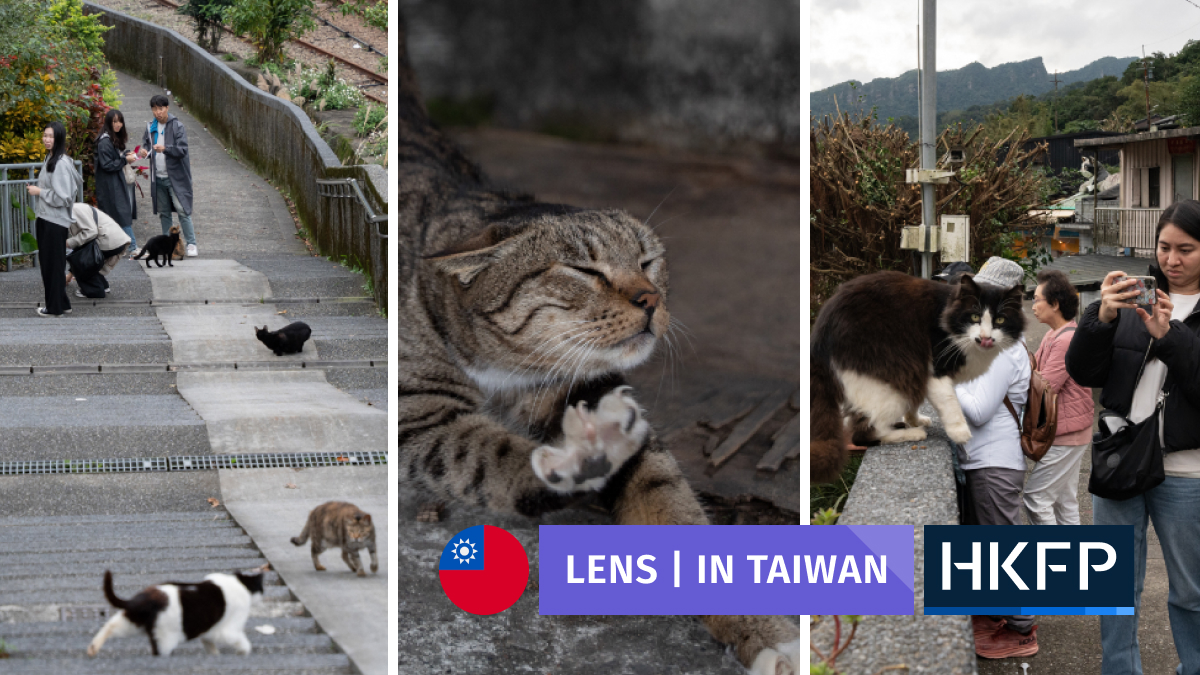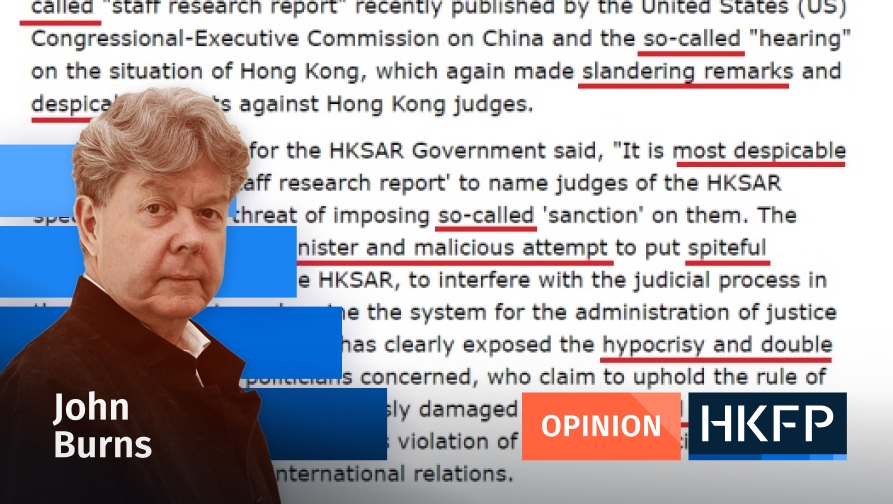A newly-launched app will help nature-lovers identify dozens of species of wildlife in Hong Kong’s rivers and streams, including some unique to the city and some which are critically endangered .
Developed by a group called Freshwater Collective, it will allow users to identify up to 138 species spread across six groups, including birds, fish, insects and reptiles.

The founder of Freshwater Collective, Jeffery Chan, said he hoped the new app can help spark interest among the public in the rich freshwater wildlife unique to their city. About 40 per cent of Hong Kong’s land area is designated as country parks or other protected areas.
“Hong Kong is quite biodiverse in the freshwater aspect. We have over 200 species of freshwater fish and over 90 species of reptiles and amphibians,” he said. “But the issue is the public doesn’t really know that these things exist and know [their] levels of endangerment.”
The Pocket Guide to Freshwater Species of Hong Kong app is the result of seven months of work and collaboration between 19 wildlife specialists from the University of Hong Kong, Lingnan University and other local environmental conservation groups.
It offers an English and Chinese database of information with associated images, and links to further resources options for users interested in diving deeper into particular species. It is now freely available for download on Android and iOS.
Freshwater Collective is a non-profit collaborative platform seeking to promote ecological conservation and education.
Critically endangered
For Chan, the app is both an attempt to raise awareness and to protect the diverse species unique to Hong Kong’s streams. The development team decided to include the most common as well as the most endangered species in the app database.
“Hong Kong is such a small place. Sometimes we have species that are only found in one single steam, or only a few streams, so losing them could be losing the entire population in Hong Kong.”

The region is home to some of the world’s most critically endangered species. The golden coin turtle has fallen to less than 5 per cent of its population 30 years ago due to poaching, Chan told HKFP.
The turtle, also found in parts of China and Vietnam, is highly prized in Chinese medicine as a cure for cancer, although there is no scientific basis for this.
“Preserving them in HK is a global thing because of how endangered the animal is. Hong Kong is the last place for Asian freshwater turtles because they’re hunted so badly in China and Vietnam.”
Another collaborator on the project, co-founder of WildlifeAvengers James Kwok, told HKFP he hoped the project would make people more aware of the conservation challenges. “Hong Kong’s freshwater habitats are threatened by development and contamination,” he said. “This is very dangerous in terms of conservation.”

He cited a dramatic drop in the population of the three-striped frog due to the development of farmland in the city.
Chan told HKFP he hoped the app would encourage members of the public to protect local species at risk of extinction.
“Hong Kong is a hub for wildlife trade. And a lot of people are accustomed to taking wildlife home when they see them. It’s kind of a grey area, there’s not a lot of information on what to do,” the ecologist said.
“Something like [the app] could let people read more about how threatened they are and what they shouldn’t do… Knowing more about something makes you want to protect it a little more,” Chan added.
Environmental education
Local environmental education NGO Outdoor Wildlife Learning Hong Kong (OWLHK) will incorporate the new app in its freshwater wildlife guided tours. “It’s a good starting point for the public to learn,” OWLHK co-founder Janice Lo told HKFP.
“It’s a free and easy way for the public to learn about the freshwater environment,” she added, saying the app filled a gap for easily accessible wildlife resources in Hong Kong.
The course, open to members of the public, was designed to fill a gap in the curriculum at the city’s schools. “Environmental education is especially lacking in our Hong Kong formal education. Unless you are going to take biology or geography, we seldom get the chance to know our own environment,” Lo said.

“Even if you talk about protecting the environment, teachers will refer to the famous Amazon rainforest, the African savannah. But if you ask the students in Hong Kong, they barely know about our own environment,” she added.
Lo added that, beyond wildlife, OWLHK hoped to use the app as a gateway to broader conservation issues. “We would like to raise awareness of conservation issues or the problems our freshwater systems are encountering…and let participants learn about the whole freshwater system.”
“Freshwater habitats are very vulnerable habitats. Animals found in freshwater streams are not good at migrating between rivers and streams,” she said. “They spend their whole lives in the same stream. If that particular stream is damaged, the whole population of that particular wildlife in that stream will be destroyed.”
“It’s our responsibility to learn more about the Hong Kong environment. If you can learn more about it, then we hope you can work for it in the future.”
Support HKFP | Policies & Ethics | Error/typo? | Contact Us | Newsletter | Transparency & Annual Report | Apps
Help safeguard press freedom & keep HKFP free for all readers by supporting our team

LATEST FROM HKFP
HKFP has an impartial stance, transparent funding, and balanced coverage guided by an Ethics Code and Corrections Policy.
Support press freedom & help us surpass 1,000 monthly Patrons: 100% independent, governed by an ethics code & not-for-profit.










